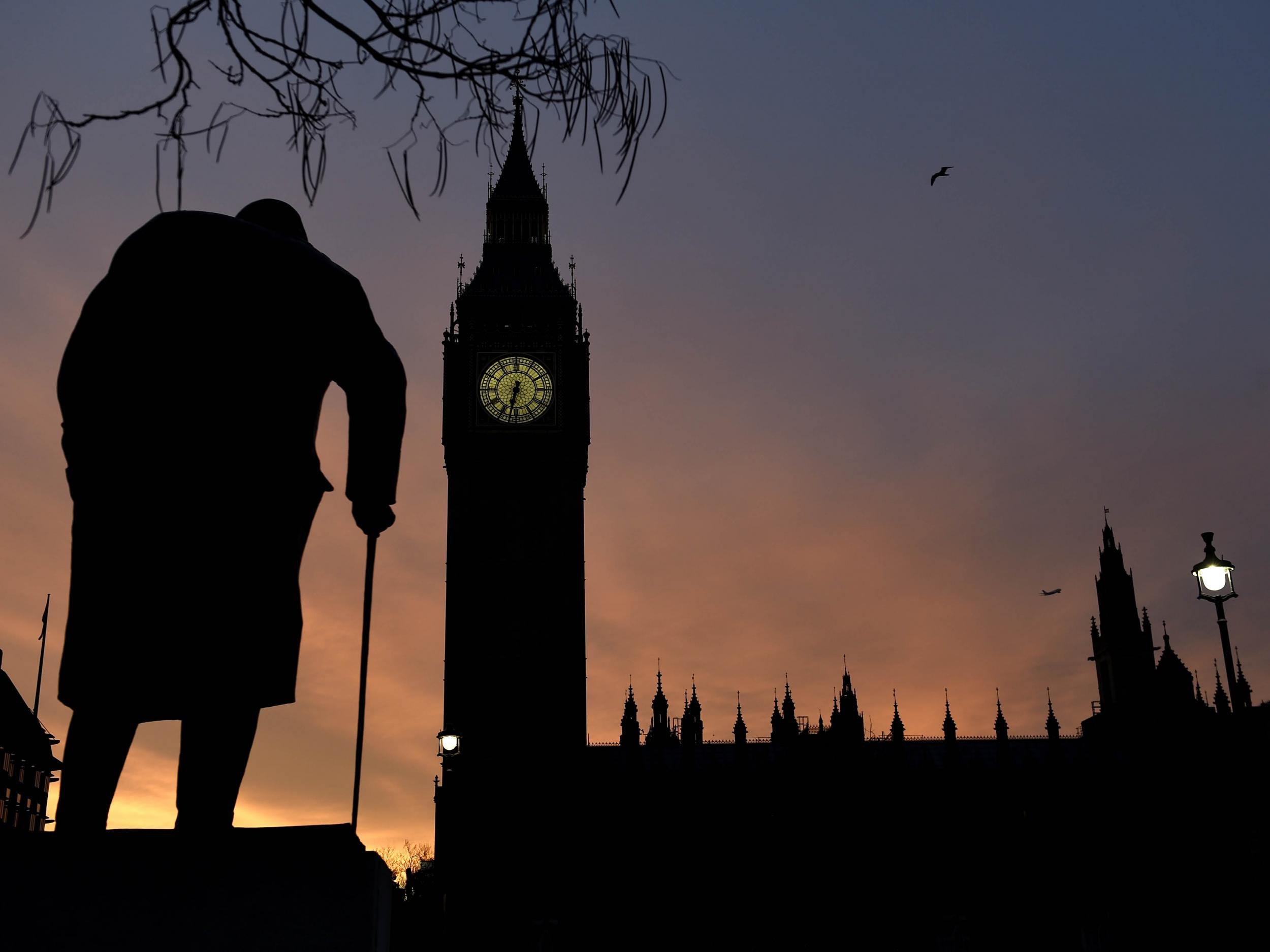Great Britain was never a white utopia. It's time to confront our real past
Three Oscar-nominated British films, ‘Victoria & Abdul’, ‘Darkest Hour’ and ‘Dunkirk’ were postcards from a mythologised Great Britain


It was only a matter of time before Katie Hopkins came for me. As an Iraqi drag queen in Britain, I’m surprised she didn’t make a beeline sooner. So here’s what went down: Katie posted a photo of her brogues on Twitter, and I teasingly remarked that they “were so last decade”. She then quoted my tweet, channelling her hate and the hate of her almost one million followers towards me:
“No sir, they are last century. A time before mass immigration and multicultural b*llocks when Great Britain was truly great. You wouldn’t understand.”
A jibe about footwear turning into an attack on multiculturalism was an unexpected twist. I got the usual onslaught of death threats, sure, but I was alarmed to see how many people took her sentiment as fact, writing that “with Brexit happening, Britain still has a chance”, along with a general chorus of cries for a return to a “Great” Britain.
How, exactly, has such a mythology been established? Why is the notion that Britain was once a “white utopia” so embedded in the social psyche? And how can we undo this fallacy?
Ash Sarkar’s piece critiquing the BBC’s broadcast of Enoch Powell’s speech is brilliant on this: Powell’s anti-migrants decree does not once mention imperialism, but is pitched as a heroic act for the nation – as a way to keep Britain “Great”. This rhetoric is how we’ve come to learn the story of 19th- and 20th-century Britain; celebrating the figures who kept Britain Great, whilst holding up the plundering, suppression and exclusion of migrants as acts of nationalist pride.
Cultural content has a lot to answer for here. British film and television has been directly complicit in allowing these mythologies to sustain. Three Oscar-nominated British films, Victoria & Abdul, Darkest Hour and Dunkirk were postcards from a mythologised Great Britain. They acted to erase and misrepresent our past to encourage nationalist nostalgia.
Victoria & Abdul, for instance, looks at Queen Victoria’s relationship with an Indian servant through an absurdly rose-tinted lens: Victoria is painted as a woman critical of racism (she was a notorious racist), and India is presented as a place totally indebted to British intervention. The real facts are that Britain’s industrial revolution was propped up by the plundering of India, diluting its share of the world economy from 23 per cent to 4 per cent. Britain’s exploitation of Indian produce led to two famines that killed up to 20 million people.
Dunkirk is actually just a dumb film. I’m not sure if Christopher Nolan has an aversion to people of colour, because there is not a single one in his movie. Its dystopian quality is only accurate in how it relays what the world would be like if solely inhabited by white men. The film, which ends in Kenneth Branagh’s cringeworthy ode to Britain being “home” literally erases the fact that almost 5 million Commonwealth soldiers – most from South Asia – fought in the war, and that British Indians had a prominent role at Dunkirk.
Darkest Hour is just one in a long line of British period dramas that view Churchill as a national hero, conveniently muting the reality of his racist tyranny (it’s telling that many of Churchill’s imperialist exploits abroad are not widely known).
The idea that Britain was once a white pure-land with minimal suffering is created by many factors: political rhetoric, the right-wing press and the refusal to confront our past.
It’s not the same in other European countries with barbaric histories. I spoke to a German friend, Fiona Brands, in her twenties, who told me of her experience as a high school student in Germany: “As a teenager, you are taught to face up to Germany’s racist past over and over again. There’s still an underlying feeling of guilt in the nation that makes everyone aware, and I think that also informs the political decisions today, like being more open to allowing refugees in.”
But where is British guilt? Why do schools look back at the 20th century as a time of heroism, whilst ignoring the bloodshed we caused in an epoch of brutal imperialism?
We have a collective responsibility to face up to British history. Some honesty at past injustices would hopefully make the future a more tolerant and Hopkins-free place.

Join our commenting forum
Join thought-provoking conversations, follow other Independent readers and see their replies